Preparing Your Business for the Next Economic Downturn
We’re almost half-way through 2024, and you’re still in business. Congratulations! Many of your peers have not been as successful. You probably have a good handle on your business, but it will help to stay ahead of the curve and prepare for the next economic downturn.
Cash Flow
Good cash flow management is a must. Be sure you’re getting invoices out quickly and staying on top of accounts receivable. Automate payment follow-ups. Use software to forecast and manage. Get a revolving line of business credit and/or a small business loan that can help you with cash flow when things are slow. The better you manage cash flow now, the more prepared you’ll be in the event of a downturn.

Cash Reserve
New Revenue Streams
The pandemic forced many businesses to find new streams of revenue in order to survive when closures and changes in customer habits swept the globe. While things are largely back to normal now for most consumers and remaining businesses, plan for the next economic downturn by figuring out new sources of revenue ahead of time.
Think about new products you can offer. Are there markets you’re not serving that you could? Are there partnerships you could enter? Do you have extra office space you could rent out? Are there new skills you could learn that would enable you to create new services? There are many possibilities for generating additional revenue if you are open to changes.
Focus on Sales
Increase Efficiency in Operations
Supply Chain Optimization
Conclusion
If you have money saved and have a handle on your cash flow, you are probably in good shape financially. Focus on getting more sales and develop new streams of revenue, and you’ll be even more prepared to deflect financial hardship. Increase efficiency and optimize your supply chain, and on an operational basis, you’ll be prepared for the next economic downturn.
Read more of our business tips for financial advice on helping your business succeed.
Ready for What’s Next?
Have questions? Ready to start building a relationship with one of our experienced bankers?










